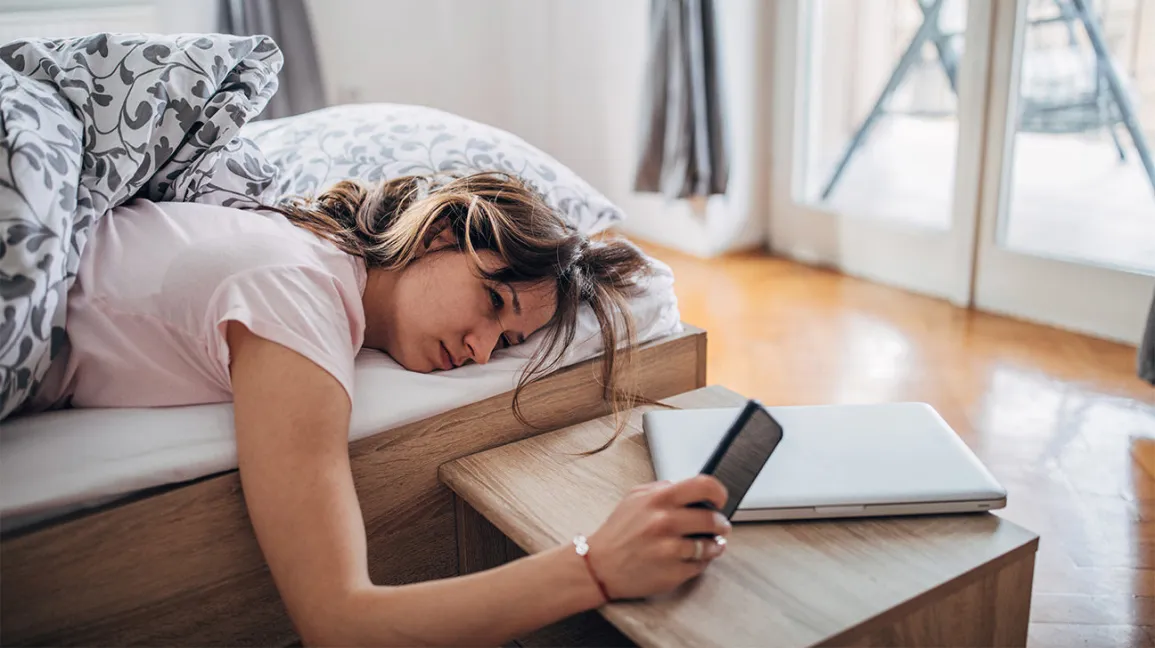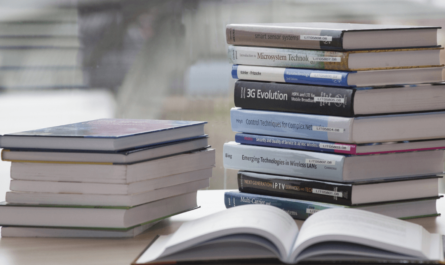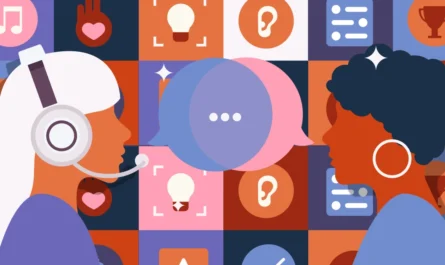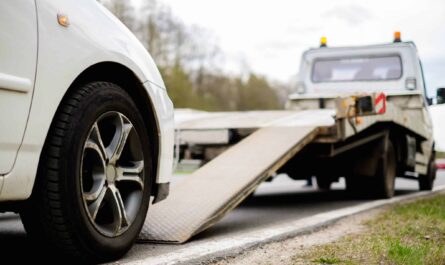For so many people, dropping off to sleep is a nightmare. You head off to bed feeling sleepy, and the moment you get under the covers, you’re wide awake, daydreaming and worrying about what’s happening. Lack of sleep significantly impacts our lives, from poor performance at work to illness, so it is essential to address the problem.
Let’s take a closer look at TheSleepSavvy.com advice on what you can do to make yourself fall asleep faster when you get into bed feeling tired.
Buckle up, and let’s go.
Page Contents
Why do you struggle to fall asleep at night?
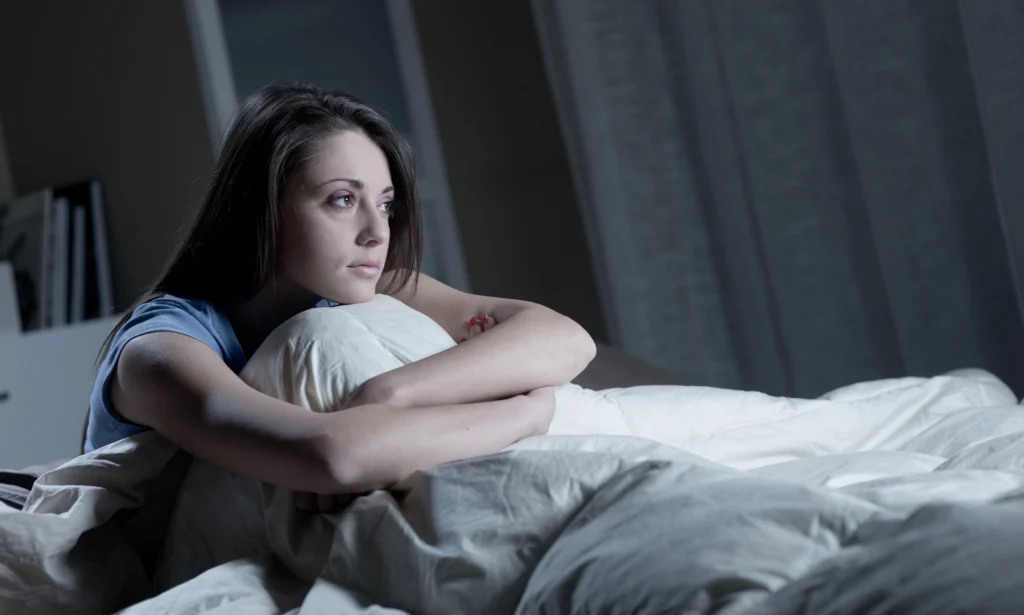
It’s not just you; this is a common problem that all of us can experience at some stage in our lives.
Insomnia is something that none of you wants to deal with, but if you know the causes, you can take action to make a difference in your life and resume a typical sleeping pattern.
One common cause of not sleeping is Stress, worry about your job security, your exams, and your loved ones, and it can be a combination of many things that culminate in you lying in bed wide awake each night.
So how can you fall asleep faster?
If you are a saggy sleeper, you will know how to deal with stress, and one way is to exercise. Exercise takes away the stress as you focus on your physical performance. Most of you know physical exertion makes you tired, so it’s an excellent way to start being sleep-savvy.
If you do exercise, you will need some downtime before you go to bed. Exercise raises adrenaline so leave a few hours of calm before you head to bed. Take a warm shower to relieve the aching muscles and put yourself in a state of mind for sleep.
Sleep savvy tips for faster sleep
Before going to bed, you should be aware of some things that could keep you awake at night, such as your diet. Your food will not be digested properly, and your stomach will be full of acid trying to digest the food. Do you eat late in the evening, like an hour or two before bed?
You may experience acid reflux that makes the whole proposition of sleeping fast impossible. Eat light at night; your biggest meal should be breakfast, a smaller lunch, and a small evening meal around 5 pm. There is nothing wrong with a biscuit before bed, but a heavy meal is a big no.
Here is some other tip to help you sleep faster:
● Avoid eating spicy or greasy food at night; it is a recipe for sleepless hours.
● Sleep at the same time every night, including weekends. Having a sleep schedule will set your internal clock to a routine, and your body will expect to sleep at the same time every night.
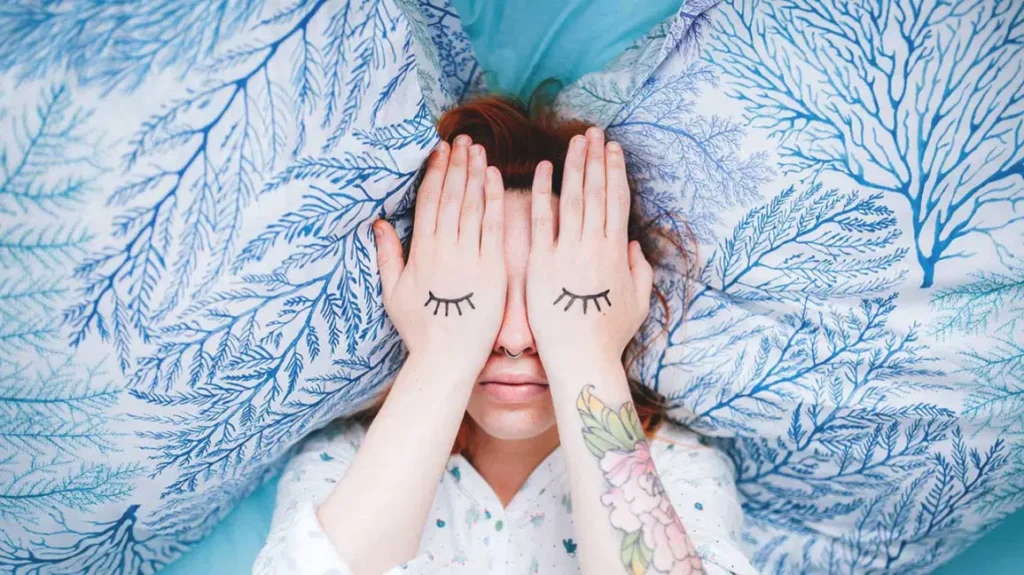
● Ensure your bedroom is dark. A chink of light from a passing car or a street lamp can be enough to disturb your sleep. Switch off standby lights on TVs and computers and your smartphone.
● Ditch electric gadgets like your smartphone. It was once thought that the blue light imitated daylight and interrupted your circadian rhythm, but it doesn’t. Your brain becomes stimulated by the activity of using your smartphone, and it takes a long time to calm down again.
● Set the alarm and don’t watch the clock. The anxiety of if you will wake up on time for work will prevent you from sleeping. If you tend to sleep through alarms, then pace the alarm away from the bed, so you have to get out of bed to switch it off.
● Chill out. Keep your bedroom cool, and it’s easier to sleep in a cool environment than in a hot environment. Turn the thermostat to 68°F or 20℃ for a good night’s sleep.
● Don’t nap during the day; napping in the day is ok if it’s around 11 am, but after that, it will disrupt how you sleep when you go to bed at night.
● Take melatonin supplements. If you are deficient in melatonin, supplements will help. They take a week or so to build up your system, so don’t expect miracles. You may want to consult your doctor if you suspect you are deficient in melatonin.
These are just a few tips that savvy sleepers know very well.
What is the 4 7 8 sleep trick?
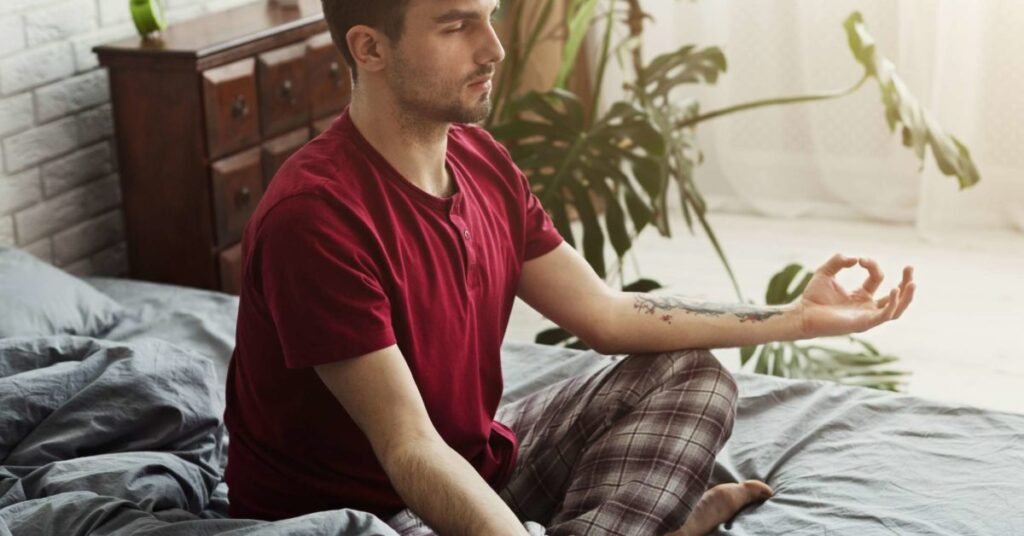
It’s a technique designed to help you relax and sleep faster. The military may have developed it to help soldiers sleep in the field when they need to get as much rest as possible under battle conditions.
The premise is you breathe for 4 seconds, hold the breath for 7 seconds, and exhale for 8 seconds. This breathing pattern aims to reduce anxiety or help people get to sleep. Some proponents claim that the method helps people sleep in 1 minute.
It is worth a try if you need to sleep in a strange environment like a hotel room where so many people struggle to sleep for the first night.
What can you do to stop your mind from racing at night?
Some techniques you can use are counterintuitive when you need to fall asleep quickly, but if your mind is racing, you need to quiet your thoughts.
Research by Colin Espie, professor of sleep at Oxford university, states that thinking about sleep is a natural way to stay awake!
When you think about sleeping while lying in bed, your anxiety levels can rise, paradoxically keeping you awake.
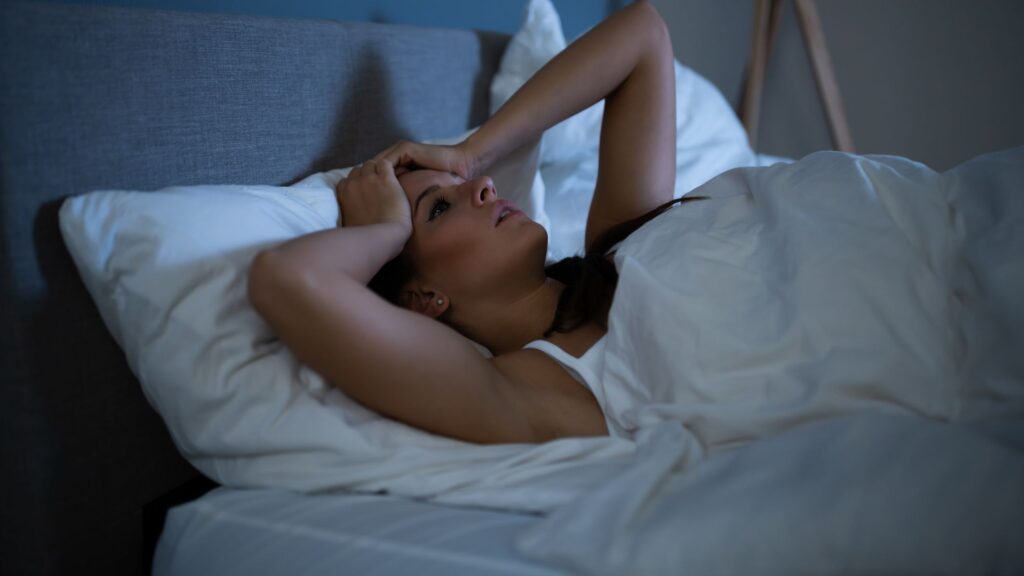
It sounds crazy, but there is something in the theory that is very true. If you try to stay awake, you are more likely to fall asleep! If you are awake and your mind is racing, pick up a book and read for a while until you feel sleepy.
Get out of bed
If you are lying in bed and you are not sleeping, get out of bed, make a cup of chocolate drink, switch the Tv on and watch something incredibly dull. It will do the trick and have you sleeping in no time.
